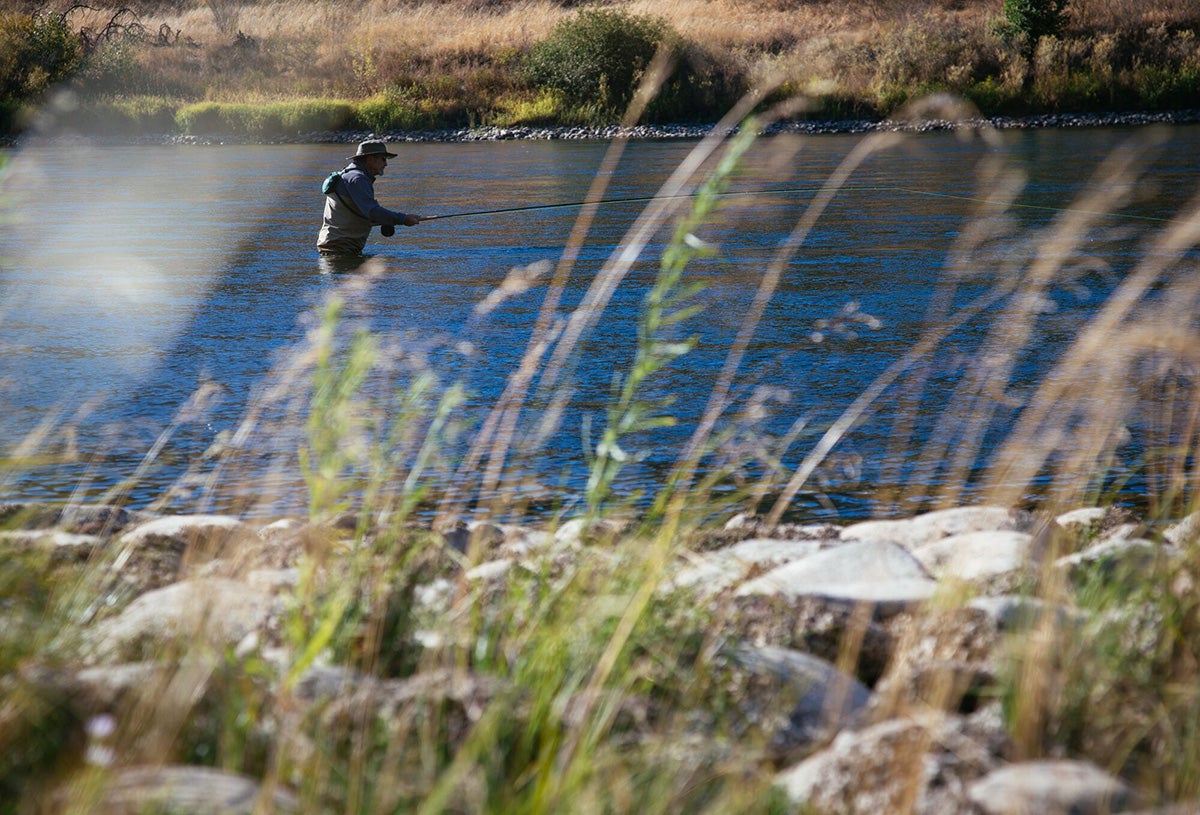Washington State Legislature Funds Recreational Study Connected to Columbia Basin Restoration
The new recreation study joins three previously-funded studies on how to best replace energy, transportation and irrigation services now provided by the lower Snake River Dams
Contact
The Washington State Legislature yesterday appropriated $600,000 in its 2024-2025 Supplemental Operating Budget (SB 5950) to identify and study recreational and conservation opportunities on the Lower Snake River in advance of any future federal decision to authorize breaching of the four federal lower Snake River dams.
The new recreation study joins a set of similar studies funded by the Legislature last year to inform governing bodies and the public on infrastructure updates that could maintain and further develop energy, irrigation, and transportation options if breaching were to occur.
The Legislature’s proviso will ensure federal funds can be used as part of a cost sharing agreement between Washington state and the U.S. Army Corps of Engineers. The cost sharing agreement was one part of a December 2023 agreement on Columbia and Snake River basin restoration efforts between the Biden administration, Washington and Oregon State, four lower Columbia Basin Tribes — the Nez Perce, Umatilla, Warm Springs and Yakama tribes, and Earthjustice and the fishing, conservation and renewable energy groups it represents.
Earthjustice, American Rivers, Save Our Wild Salmon, Northwest Sportfishing Industry Association, and allies applaud Governor Inslee for including the proviso in his budget, and the Legislature for ensuring the investment was maintained in the supplemental operating budget finalized and released today. Following are statements from these organizations:
“By funding this important study, the Legislature is investing in our communities and taking another important step toward restoring the lower Snake River, protecting endangered salmon and honoring our treaty responsibilities to Tribal Nations,” said Eric Gonzalez Alfaro, Policy Advocate with Earthjustice’s Northwest Office. “The public will need this information as we move forward with important choices for our region, and we applaud the Legislature for making this sage investment.”
“We know we can replace and modernize the transportation, energy, and irrigation services of the four lower Snake River dams, and we’re grateful Washington State began those important planning processes in 2023,” said Tanya Riordan, Policy and Advocacy Director with Save Our Wild Salmon. “This additional recreational analysis will identify the cultural, recreation, and ecosystem improvements of a restored lower Snake River, significantly benefiting salmon, people, and communities across the region.”
“Fisheries managers tell us that recovery to healthy and abundant fish returns would, at a minimum, have substantial economic benefits, more than doubling the economic benefits of sportfishing to rural towns throughout the region,” said Liz Hamilton, Policy Director for the Northwest Sportfishing Industry Association. “In 2022, the basin’s mainstem fisheries generated $50.6 million in direct expenditures. Restoring the basin is expected to generate approximately $125 million.”
“A free-flowing lower Snake River will restore 140 miles of spawning and rearing habitat and enable salmon and steelhead to recover”, said Sarah Dyrdahl, American Rivers’ Northwest Regional Director. “Fifty years ago, before the dams were built, there were rapids in the river and farmland on the banks. Part of the river is in a deep, scenic canyon and we look forward to seeing what recreational opportunities a restored river will offer the region. American Rivers remains committed to working with everyone to find modern solutions to getting grain from SE Washington to the ocean ports, irrigating valuable crops, and generating and transmitting clean energy for the region.”
Background
Last year, the Legislature provided $2 million in its 2023-2025 Operating Budget for a study analyzing clean energy replacement services for the hydroelectric energy now provided by the four lower Snake River dams. The study is looking at how best to replace the power now provided by the dams in ways that meet projected future power demands while diversifying and improving the resilience of the power system and improving reliability and maintaining affordability. Another $5 million was allocated for an analysis of the highway, road and freight rail transportation needs and alternatives to accommodate the remaining freight that still moves by barge through the lower Snake River dams. Barge transportation, notably, has declined by over 50% over the last few decades. Finally, $500,000 in funding was allocated last year for a study looking at how to maintain irrigation services along the lower Snake River should a drawdown occur if breaching were to be authorized.
All of those studies allocated by the Legislature are ongoing and are scheduled to be completed within the next few years.

Additional Resources
About Earthjustice
Earthjustice is the premier nonprofit environmental law organization. We wield the power of law and the strength of partnership to protect people's health, to preserve magnificent places and wildlife, to advance clean energy, and to combat climate change. We are here because the earth needs a good lawyer.